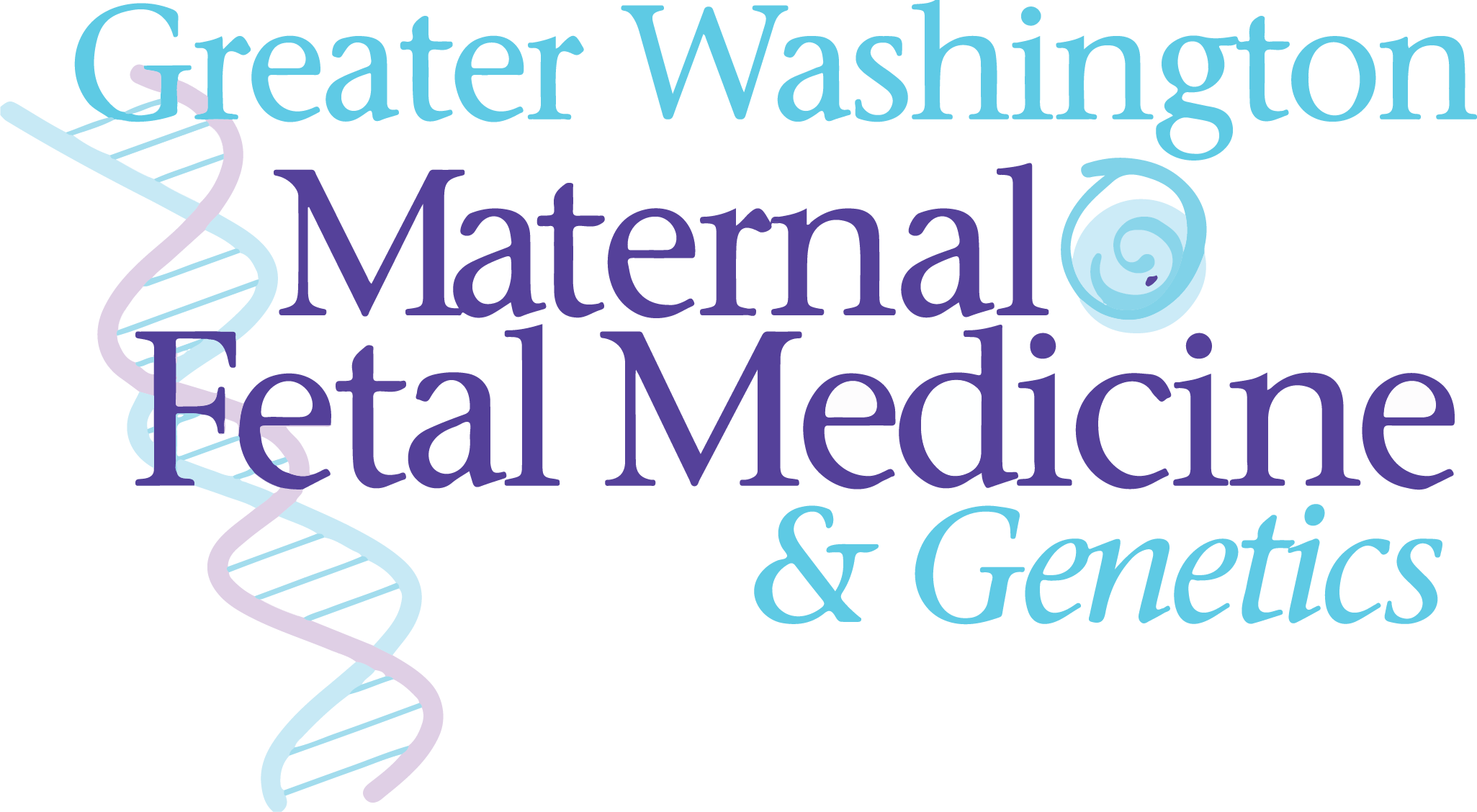How High Are the Risks with IVF Pregnancy?
April 24, 2025

Bringing new life into the world through in vitro fertilization (IVF) offers hope to many couples struggling with infertility. While IVF has helped millions achieve parenthood, it also comes with certain risks that expecting parents should understand. Assisted reproductive technologies like IVF may increase the chances of complications compared to natural conception. This does not mean that IVF pregnancies are inherently unsafe, but there are factors that require closer attention from both patients and healthcare providers.
It’s natural for parents pursuing IVF to feel a mix of excitement and concern. Questions often arise about the safety of the process, the health of the baby, and the well-being of the mother throughout pregnancy. Knowing the risks involved can empower individuals and couples to make informed decisions, seek appropriate care, and take proactive steps toward a healthier pregnancy. Understanding these risks also emphasizes the importance of specialized prenatal care and monitoring.
Medical science continues to advance, improving IVF success rates and reducing many complications. However, the possibility of certain issues cannot be ignored. Here’s what to know about the risks associated with IVF pregnancy, along with the reasons why ongoing care and medical guidance are so important for the safety of both mother and baby.
Higher Risk of Multiple Births
One of the most well-known risks with IVF is the higher likelihood of multiple pregnancies, such as twins or triplets. This happens when more than one embryo is transferred to increase the chances of success. It is also possible if the embryo has had ICSI, drilling, or manipulation to improve implantation. While carrying multiples can be joyful, it significantly raises the risk of pregnancy complications, including preterm labor, low birth weight, and gestational hypertension and diabetes.. Today, many fertility specialists recommend single embryo transfers when possible to lower these risks while still supporting a successful pregnancy.
Increased Chance of Preterm Birth
IVF pregnancies carry a higher chance of preterm delivery compared to pregnancies conceived naturally. Preterm birth, defined as delivery before 37 weeks of gestation, can lead to health challenges for the baby, including breathing difficulties, developmental delays, and feeding issues. The exact reasons why IVF increases the risk of early delivery are not fully understood, but factors may include the mother’s age, underlying health conditions, or the procedures involved in assisted reproduction. Careful monitoring by maternal-fetal specialists can help identify early signs of preterm labor.
Higher Risk of Low Birth Weight
Along with preterm birth, babies conceived through IVF may have a greater likelihood of low birth weight (less than 5.5 pounds at birth). Low birth weight can increase the risk of infection, difficulty maintaining body temperature, and longer hospital stays after delivery. This risk is particularly higher in multiple pregnancies but can also occur in singleton IVF pregnancies. Good prenatal care, proper nutrition, and frequent health assessments can support better outcomes.
Miscarriage and Pregnancy Loss
Miscarriage is a concern in all pregnancies, but IVF pregnancies show slightly higher rates of pregnancy loss, especially in women over the age of 35. Some contributing factors may include maternal age, embryo quality, and underlying fertility conditions. While IVF can help overcome certain fertility barriers, it cannot fully eliminate the risks tied to maternal health or chromosomal abnormalities in embryos. Early ultrasound and genetic screening can offer valuable insights into fetal development and risk levels.
Higher Risk of Placenta-Related Complications
Placental issues, such as placenta previa (where the placenta covers the cervix) or placental abruption (where the placenta detaches from the uterine wall), may be more common in pregnancies conceived through IVF. These conditions can lead to bleeding, preterm labor, and delivery complications if not carefully managed. Regular ultrasound evaluations and specialized prenatal care help detect these problems early, allowing for timely intervention when needed.
Potential for Birth Defects
Some research suggests that babies born from IVF may have a slightly higher chance of certain birth defects compared to those conceived naturally. However, the absolute risk remains low, and many IVF pregnancies result in healthy babies. The increased risk may be influenced by parental age, infertility causes, or the use of advanced reproductive technologies such as intracytoplasmic sperm injection (ICSI). Preconception counseling and genetic testing can help assess individual risks and support a healthier pregnancy.
It is also important to recognize that pregnancies achieved through IVF may carry an increased risk of congenital heart defects (CHD) in the developing baby. Due to these findings, the American Heart Association (AHA) advises that all pregnancies conceived via IVF undergo a fetal echocardiogram, a specialized ultrasound that evaluates the baby’s heart structure and function before birth. At GWMFM, our team performs many of these detailed fetal heart evaluations that provide expert care and reassurance to families navigating IVF pregnancies.
While IVF has brought hope to many families, it is essential to be aware of the associated risks to ensure the best possible outcomes. Multiple births, preterm delivery, low birth weight, miscarriage, placenta-related issues, and the potential for birth defects are important considerations when pursuing assisted reproductive treatments. Fortunately, with expert care, early monitoring, and comprehensive prenatal support, many IVF pregnancies proceed safely and result in healthy births.
For those considering IVF or currently expecting through assisted reproduction, partnering with a maternal-fetal medicine specialist provides peace of mind and medical expertise throughout the pregnancy journey. The team at Greater Washington Maternal-Fetal Medicine and Genetics offers compassionate care and specialized services to support families every step of the way. Schedule a consultation today to learn how expert care can help ensure the healthiest possible start for your growing family




